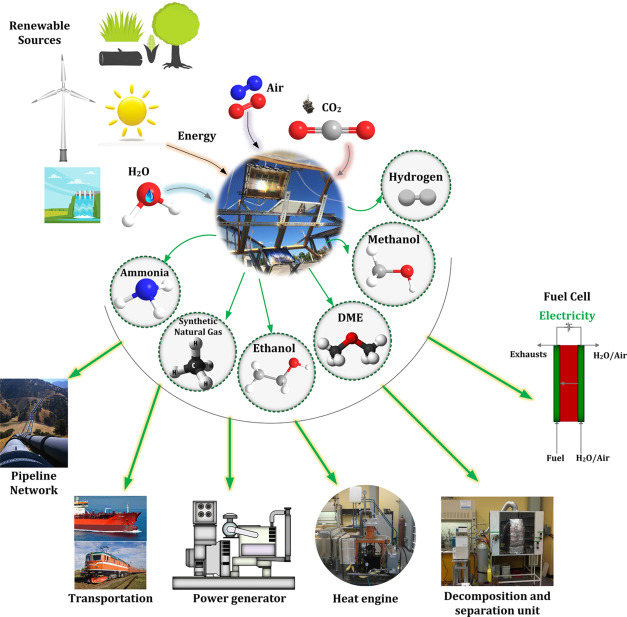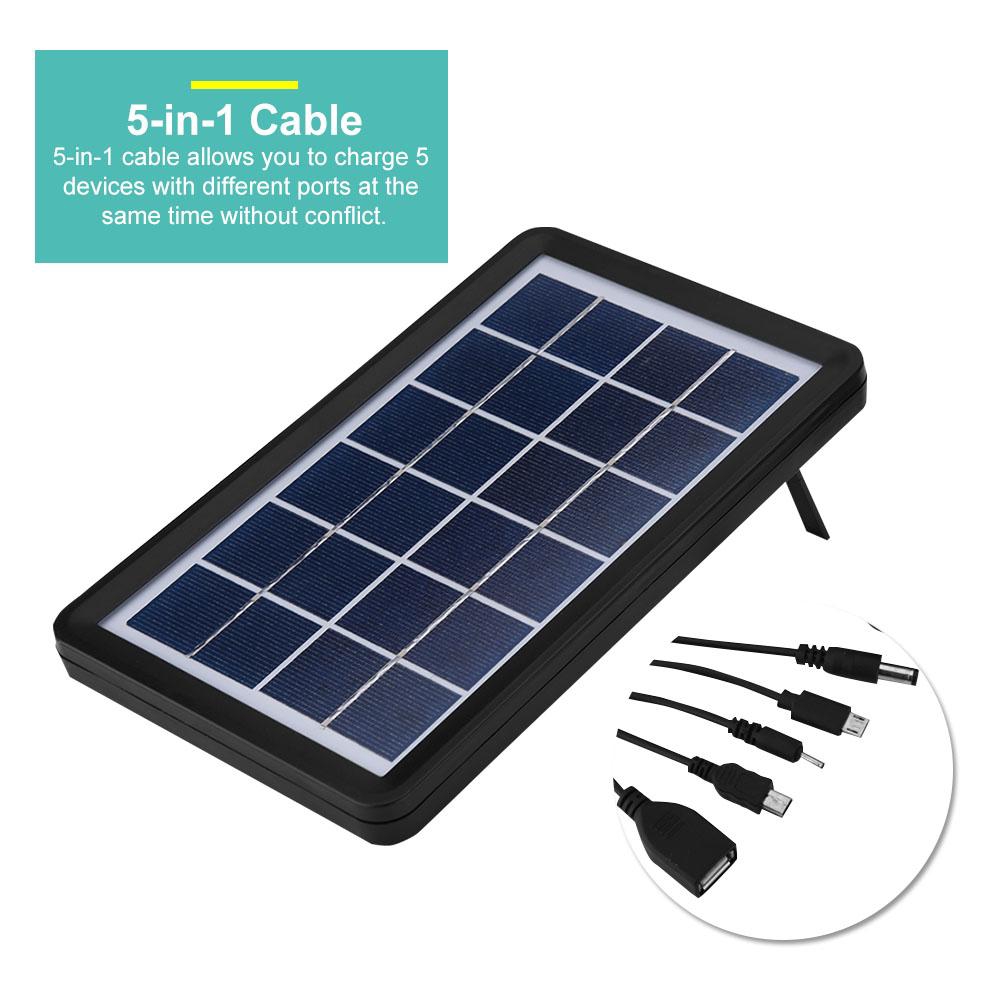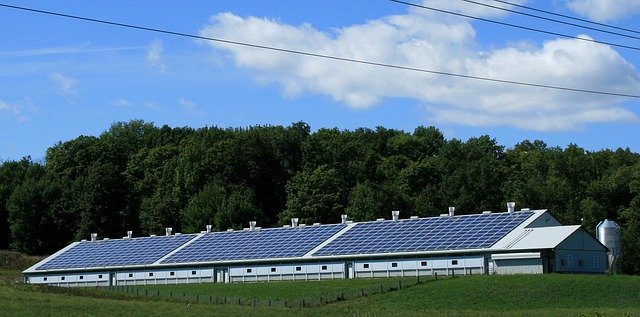
Using a solar panel to produce electricity is great, but you might wonder how your panels will survive in wet weather. Solar panels are made out of silicon cells, which react to photons. This energy is then transformed into electrical energy.
Solar panels are water resistant, but you need to take extra precautions to keep your solar panels in pristine condition. Your panels should be cleaned at least three to four times per year. It is important to clean your panels regularly, especially if they are located in an area with a lot of dust and dirt.
For example, your solar panels may get stained from oil spills or other chemical substances. You may see oil stains on solar panels if your home is near an industrial area. A strong detergent can damage the glass and cause cracks in the panel.

A waterproof design is another way to protect your solar panel from the elements. For weather stress protection, waterproof solar panels will come with a polymer sheet attached to the back. A front sheet of waterproof glass is also included to protect your panels from the elements.
It is a smart idea to get a waterproof design if you plan to use your portable solar panel. Portable solar panels are generally easier to install and carry than fixed solar panels, and can be used for a variety of outdoor activities. There are some manufacturers that don't offer portable solar panels that are waterproof. You might want to bring your portable solar panel inside in the event of rain or snow.
Use a soft cloth and a sponge to clean your solar panel in wet conditions. This will ensure that you get better results and reduce the chance of damaging your panels. To rinse your panels, use a nozzle. You may scratch your panels if you use a hard sponge, broom or other rough tools to clean them.
Also, make sure to use environmentally friendly soaps when cleaning your solar panel. This is because chemicals can have a corrosive effect on solar panels.

Your panels can also be cleaned with a small amount detergent from a dishwasher. You can also use strong detergent if you don't have a dishwasher. However, be cautious. Too much detergent can leave streaks on the glass or cause sudsy water to build up on your panels.
Water-resistant panels can be replaced at a fraction of the cost. While portable solar panels are cheaper, they will be more susceptible to damage in the event of wet weather.
A solar hot water storage system might be an option. You can use this excess solar energy to power an immersion heater during the summer. While this isn't a full-blown DHW solution it makes a great addition to your home heating system.